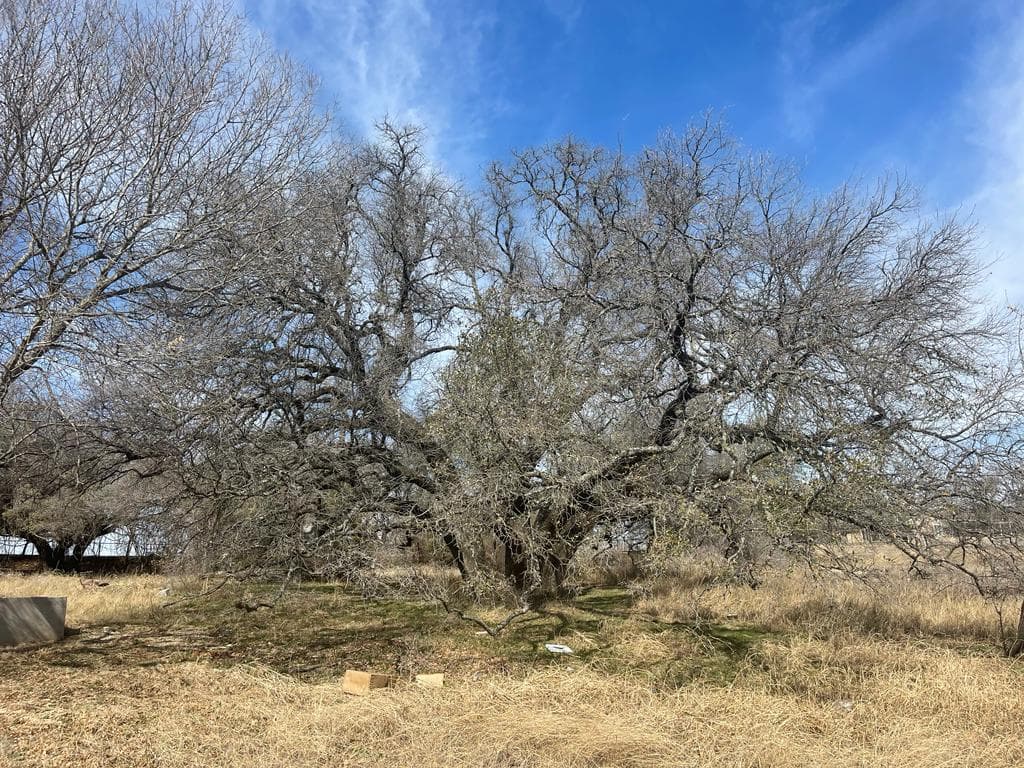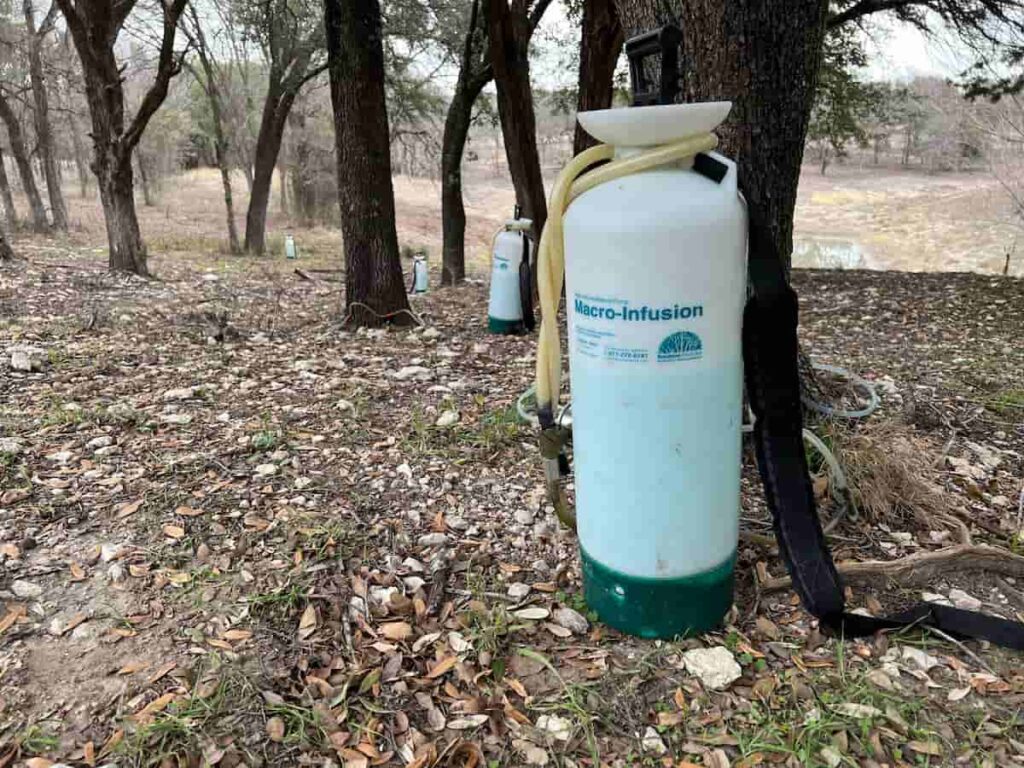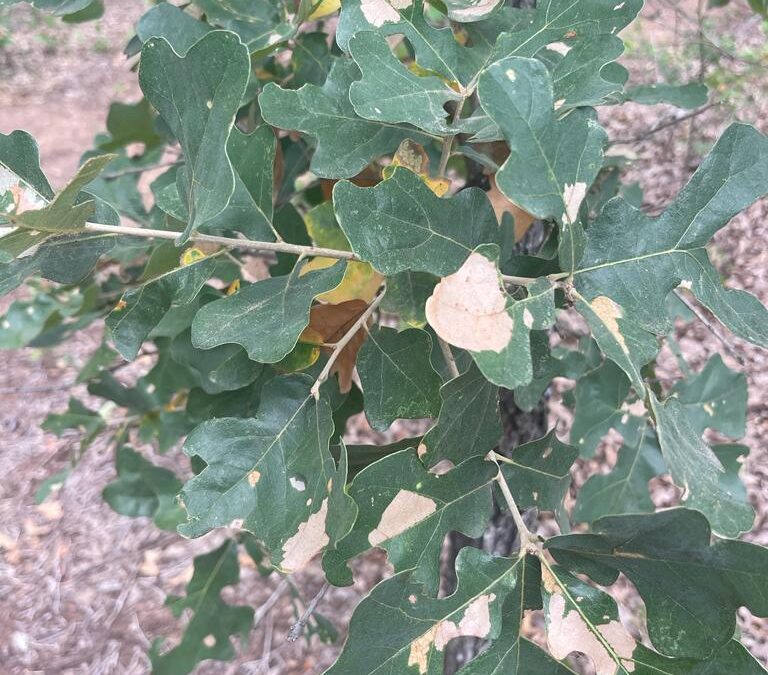This Article Includes Understanding and Managing Oak Wilt:
- Introduction
- Understanding and Managing Oak Wilt
- Timing is Key When Dealing With Oak Wilt
- Preventing Oak Wilt
- Fungicide Application for Oak Wilt
- Conclusion
Introduction
Understanding and managing oak wilt, caused by the fungus Ceratocystis fagacearum, is a severe disease that poses a significant threat to oak trees in the Eastern United States.
This article aims to shed light on the nature of oak wilt, its impact on trees, and effective management strategies to mitigate its spread and protect our valuable oak tree population.
Understanding and Managing Oak Wilt

Understanding and managing oak wilt is a devastating disease that can lead to the death of infected oak trees.
Unfortunately, there is currently no known cure for oak wilt, making prevention and management crucial in combating its destructive effects. Understanding the disease’s transmission patterns and implementing appropriate measures is vital to safeguarding our oak tree populations.
Timing is Key When Dealing With Oak Wilt
To effectively manage oak wilt, it is essential to consider the timing of tree removal. Trees are most susceptible to oak wilt between April and July, making it crucial to avoid removing infected trees during this period.
Cutting down infected trees during the least vulnerable months is recommended to prevent the disease from spreading further.
Preventing Oak Wilt
Prevention is the first line of defense against oak wilt. Pruning oak trees in high-transmission areas should be avoided during the spring and summer months when the disease is most likely to spread.
Instead, focus on maintaining oak trees from August through March, as this period is less conducive to oak wilt transmission.
Fungicide Application for Oak Wilt

Applying fungicide can be an effective measure to protect healthy trees from nearby cases of oak wilt. Consulting an ISA Certified Arborist is recommended for proper fungicide application.
These professionals can create a barrier line to control the spread of oak wilt and treat healthy trees with fungicide, providing an additional layer of protection.
Conclusion
Oak wilt poses a significant threat to oak trees in the Eastern United States, necessitating proactive management strategies to mitigate its impact. By understanding the disease’s transmission patterns, avoiding pruning during vulnerable periods, and considering fungicide application, we can protect our oak tree populations and preserve the beauty and ecological value they bring to our environment.
Remember, consulting with a certified arborist is crucial for effective oak wilt management and safeguarding our cherished oak trees.

